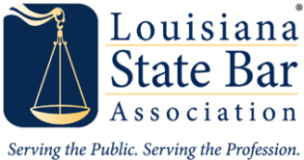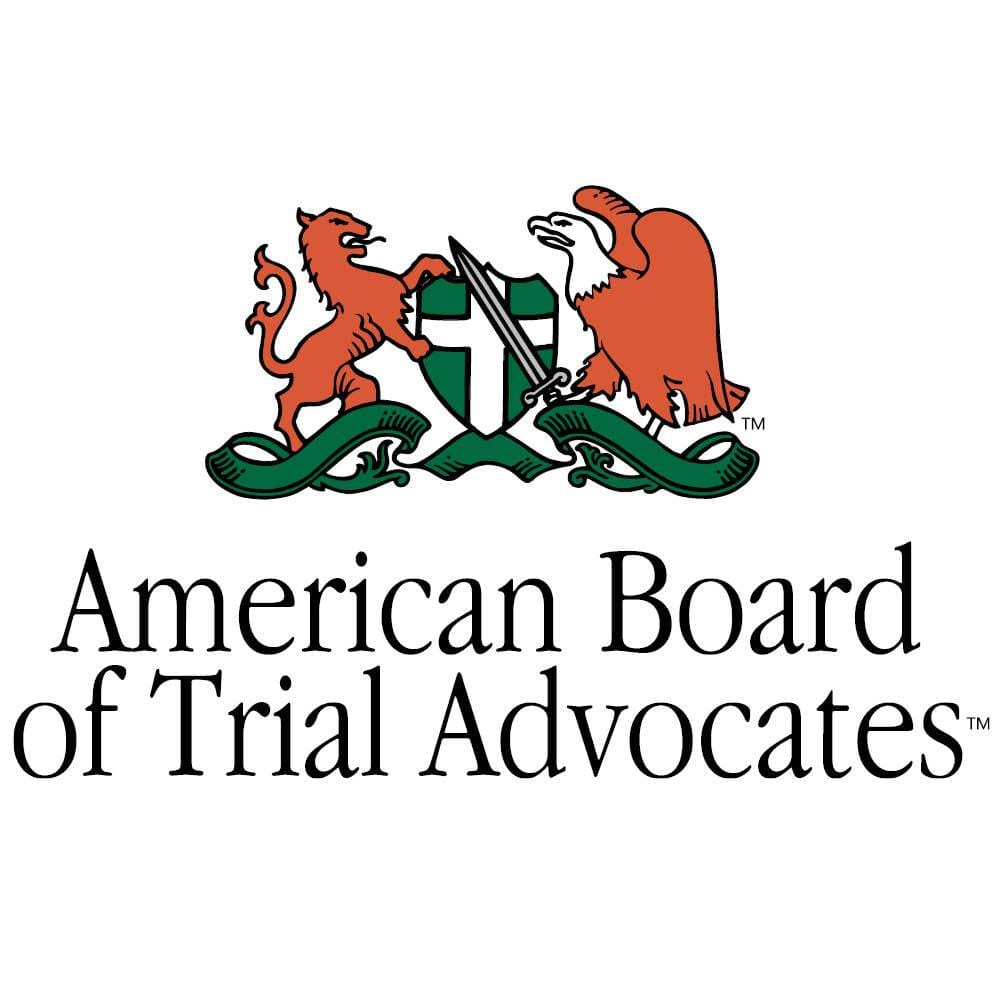Louisiana's Premier 18-Wheeler Accident Lawyers
18-Wheeler Accidents
For over three decades, The Glenn Armentor Law Corporation has been dedicated to handling 18-wheeler accident cases. Our experienced attorneys have successfully helped numerous clients obtain the settlements they deserve, and we are ready to do the same for you.
When it comes to 18-wheeler accidents, the complications that may arise in the future due to your injuries can be unpredictable. What may initially seem like a minor pain in your neck could develop into a severe injury, impacting your ability to work and provide for yourself and your family.
We strongly encourage you to contact us, The Glenn Armentor Law Corporation, as soon as possible after sustaining an injury. By doing so, we can protect your rights and diligently build the strongest possible case on your behalf.
Don’t delay. Take action today, and let us fight for the justice and compensation you deserve. Contact The Glenn Armentor Law Corporation now to schedule a consultation.
When it comes to 18-wheeler accidents, few firms in our area can match our level of experience in handling these complex cases.
To assist you in navigating the aftermath of an 18-wheeler accident, we have compiled a series of valuable tips. These guidelines can provide essential information to protect your rights and maximize your chances of securing a just resolution.
What to Do When an 18-Wheeler Accident Happens:
After impact, don’t attempt to move, exit the vehicle, or walk unless certain you can do so without pain and injury.
- If stunned or dazed, remain in place until help arrives.
Don’t move the vehicles
Call the police immediately.
- Without a police report, you will not be able to prove your case.
- Give the police officer a full, accurate account of what happened. Never admit fault and never exaggerate!
- List all symptoms of injury you may be feeling, no matter how slight.
- Try to listen to what the other driver tells the officer and how they respond.
- Ask the officer who will get a citation and for what.
- Cooperate fully and completely with any request made by the authorities and always be courteous.
If in pain, report your condition to the officer and request an ambulance.
When the medics arrive, give them a full, accurate report of symptoms.
- Cooperate with their examination and treatment plan.
Call a family member or friend to the scene to lend assistance and act as a witness.
- If possible, ask them to bring a camera to photograph cars and scenes.
Attempt to get names, phone numbers, and addresses of any eyewitnesses.
- Give this information to the investigating officer; keep a copy.
If symptoms last several hours, go to your family doctor or emergency room.
- Report how the accident occurred and five a full, accurate account of symptoms, but never exaggerate.
- Submit as necessary to exams, x-rays and advice of the treating doctor.
- If recommended, or if symptoms continue, see a specialist.
- Follow your doctor’s recommendations “to the letter”.
- Don’t be afraid to ask your doctor questions to help understand your injuries and treatment.
Don’t discuss your case with any unnecessary parties.
- Your spouse, your doctor, and your insurance agent are necessary.
- Insurance adjusters who want recorded statements are not necessary and you should never give such a statement.
Report the accident to your insurance company.
- Get a copy of the accident report for them. Check it for accuracy.
- If the report is inaccurate, call the investigating officer and question them on it. (You have a right to do this. Ask them to correct the report.)
- If you have collision coverage, insist that your company appraise and repair your vehicle immediately. (They’ll be reimbursed by the other driver’s insurance.)
If your injuries or symptoms persist for more than a few days, consult an attorney.
- Be sure the attorney is a personal injury specialist. Ask them about their experience!
- Write down all questions you may have about the accident prior to the interview.
- Learn all you can about your rights in such a legal case.
- Ask what fees and expenses you will be required to pay, what the attorney thinks is the value of your case, and what they feel they can do for you in recovery.
- Don’t hesitate to interview several attorneys and compare their responses.
Contact the experienced attorneys at the Glenn Armentor Law Corporation today for your free case evaluation.
Try to get the other driver’s insurer to pay for your medical bills, without signing releases. (By doing so, the other driver’s insurance company will be admitting fault.)
Never sign any releases until you are fully prepared to settle your case.
- The only exception is when your attorney advises you to do so.
Keep a written daily diary of the aftermath of the accident.
- List all that happened in the accident and initial medical exams.
- Follow your progress and the problems caused in everyday life by your injuries. (This will prove invaluable at your trial, which may be much later.)
You should never consider settling your case until all your symptoms have disappeared and you are back to normal.
- If you have a concussion, you should not settle for six (6) months, at least.
- Remember: Your cause of action is the most important protection you have against a truly serious or catastrophic injury.
Obtain the following documentation for yourself and/or your attorney:
- Copies of all medical bills resulting from the accident.
- A list of which bills have been paid and which have not.
- A list of mileages to and from all health care providers.
- Copies of all doctors’ medical reports and dictations in your medical file.
- Copies of all admit and emergency room records of all hospitals treating you for the accident.
- Copies of radiology reports on tests given to you, such as x-rays, CT Scans, MRIs, or Myelograms.
- Copies of all statements given by any witness to any aspect of the accident.
- Copies of your wage records or income tax returns to show the impact of the accident on your income.
- Any photograph or videotape of the injuries, accident scene, vehicles, or any other aspect of the case.
- Copies of your insurance policies.
- Copy of the accident report filed by the police.
What Not Do In Case Of An 18-Wheeler Accident:
- Don’t be talked out of calling the police.
- Don’t give recorded statements to insurance adjusters.
- Don’t sign releases or checks with release language printed on them.
- Don’t settle your case unless your symptoms are completely gone.
- Don’t settle your case unless you have spoken to an attorney and have had your rights explained to you and your questions answered.
- Don’t discuss any aspects of your case with unnecessary persons.
- Don’t do anything just because they say you "have to”.
Get A Free Case Evaluation
Let our personal injury lawyers help you get the compensation you deserve for your 18-wheeler accident.
Contact us today for a free case evaluation from one of our experienced attorneys.











